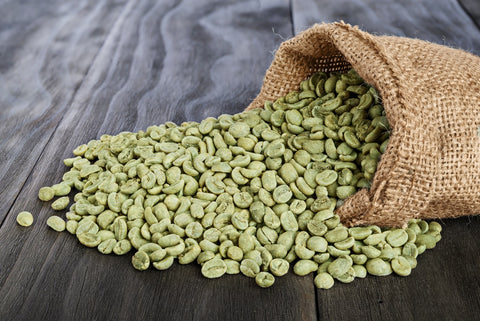Shilajit, often referred to as the “Destroyer of Weakness” and the “Conqueror of Mountains,” is a powerful natural substance that has been used for thousands of years. This sticky, tar-like resin exudes from the rocks in high mountain ranges, particularly the Himalayas, during the warm summer months. Rich in minerals and bioactive compounds, shilajit has garnered increasing interest in modern scientific research due to its myriad health benefits.
Historical Significance
The history of shilajit dates back to ancient times when it was first documented in Ayurvedic texts. The substance was believed to be a panacea, a universal remedy that could cure a wide range of ailments. Ayurvedic practitioners used shilajit for its rejuvenating properties, considering it an elixir of life that could enhance both physical and mental well-being. Legends even suggest that shilajit was a favored supplement among ancient warriors and athletes, who relied on its strength-boosting effects to improve endurance and performance.
Composition and Bioactive Compounds
Shilajit is a complex mixture of organic and inorganic compounds. The primary active components include fulvic acid, humic acid, dibenzo-alpha-pyrones, and a variety of trace minerals such as magnesium, potassium, and calcium. Fulvic acid, in particular, is a potent antioxidant that aids in nutrient absorption and has been linked to several health benefits.
Health Benefits of Shilajit
Modern scientific research has begun to validate many of the traditional claims associated with shilajit. Here are some of the key health benefits supported by contemporary studies:
1. Anti-Aging Properties
Shilajit is often touted for its anti-aging effects. A study published in the “Journal of Ethnopharmacology” found that shilajit can enhance the function of mitochondria, the powerhouses of cells, thus promoting increased energy production and reducing fatigue . This cellular rejuvenation is believed to help slow the aging process.
2. Cognitive Enhancement
Research has shown that shilajit may improve cognitive function and protect against cognitive decline. A study in the “International Journal of Alzheimer’s Disease” highlighted shilajit’s potential in preventing the aggregation of tau proteins, which are associated with Alzheimer’s disease . This neuroprotective effect is thought to improve memory and learning capabilities.
3. Anti-Inflammatory and Antioxidant Effects
The high fulvic acid content in shilajit has been linked to its anti-inflammatory and antioxidant properties. These properties help in reducing oxidative stress and inflammation in the body, which are underlying causes of many chronic diseases. A study published in “Phytotherapy Research” demonstrated that shilajit supplementation reduced inflammation markers in animal models .
4. Enhancing Physical Performance
Shilajit has been traditionally used to boost physical performance, and modern research supports this use. A study in the “Journal of Medicinal Food” found that athletes who supplemented with shilajit experienced improved endurance and reduced fatigue . This is likely due to shilajit’s role in enhancing mitochondrial function and energy production.
5. Boosting Immune Function
The immune-boosting properties of shilajit are also well-documented. A study in the “Journal of Ayurveda and Integrative Medicine” found that shilajit modulates the immune system, enhancing the body’s ability to fight off infections and diseases .
Conclusion
Shilajit is a remarkable natural substance with a rich history and a growing body of scientific evidence supporting its health benefits. From its traditional use in ancient Ayurvedic medicine to its modern applications in enhancing physical and cognitive health, shilajit continues to be revered as a powerful supplement. As research progresses, we can expect to uncover even more about this ancient remedy and its potential to improve human health.
References
1. International Journal of Alzheimer’s Disease: Research on tau proteins and cognitive function
3. Phytotherapy Research: Anti-inflammatory effects of shilajit
4. Journal of Medicinal Food: Effects on physical performance
5. Journal of Ayurveda and Integrative Medicine: Immune-boosting properties







Comments (0)
There are no comments for this article. Be the first one to leave a message!